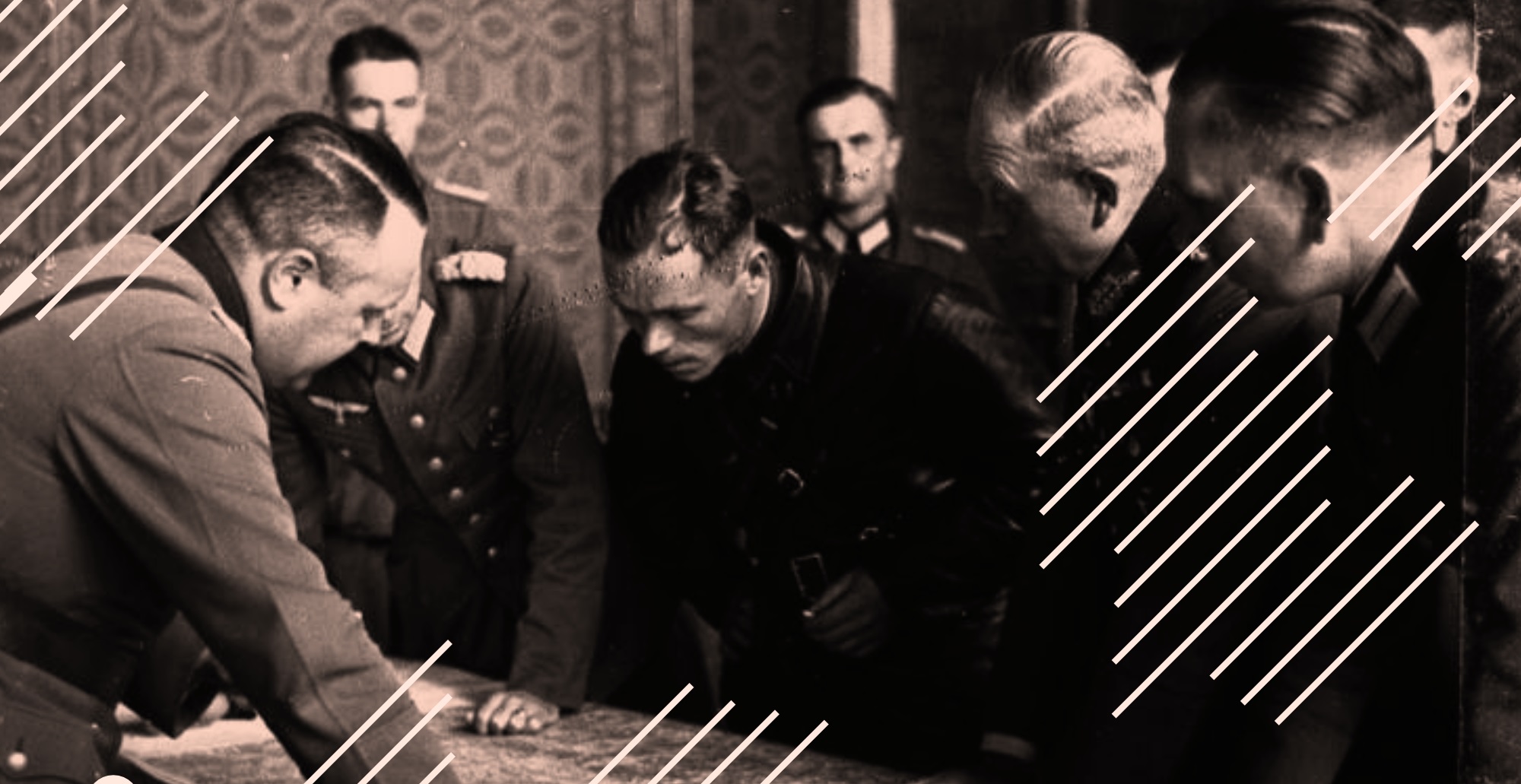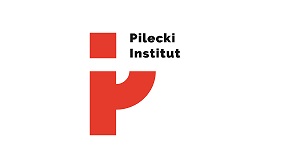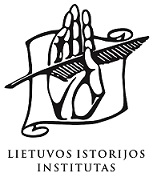The aim of the debate is to reflect not only on the state of academic research on the genesis and consequences of the Molotov-Ribbentrop Pact, but primarily on current historical policies and cultures of remembrance of countries experiencing the pact signed on 23 August 1939 in Moscow by Third Reich and USSR Foreign Ministers. Various war and post-war experiences in Europe have caused differences in assessment of this event in the context of the Second World War, as have today`s challenges such as racism, nationalism, intolerance, anti-Semitism and propagandistic use of history. Not without significance are different resolutions, for example, of the European parliament and numerous statements on historical policy in the context of the 75th anniversary of the end of the Second World War.
Speakers:
Prof. Alvydas Nikžentaitis, Institute of the History of Lithuania
Prof. Aline Sierp, Maastricht University
Prof. Claudia Weber, Viadrina University, Frankfurt O.
Prof. Andrzej Nowak, Jagiellonian University, Kraków
Moderator:
Dr Małgorzata Pakier, European Network Remembrance and Solidarity
Organisers: European Network Remembrance and Solidarity, Pilecki Institute, Centre for Historical Research of the Polish Academy of Sciences in Berlin
Partners: Federal Institute for History and Culture of the Germans in Eastern Europe, Oldenburg, Lithuanian Embassy in Berlin, Lithuanian Institute of History
Register here
The debate takes place within the series of three debates entitled ‘When Did the Second World War Begin and When Did It End? In the Maze of European Politics and Culture of Memory’
See the whole series programme






